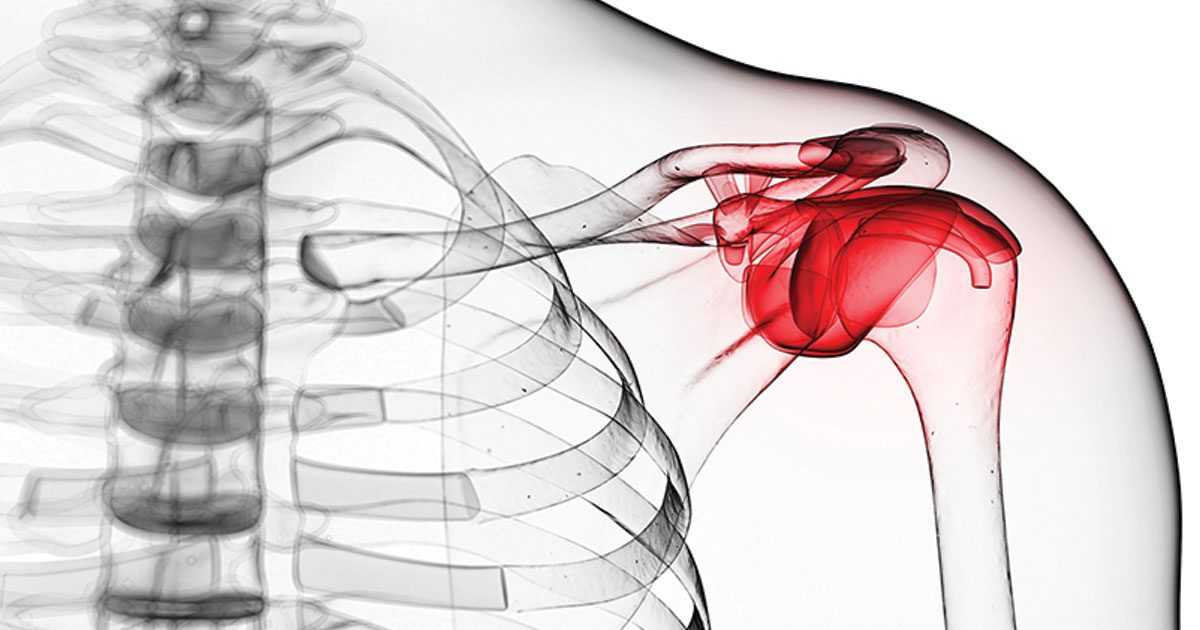Frozen shoulder is a condition that affects your shoulder joint. It usually involves pain and stiffness which develops slowly, gets worse and eventually goes away. This may take anywhere from a year to three years.
Your shoulder is made up of three bones that form a ball-and-socket joint. They are the upper arm (humerus), shoulder blade (scapula), and the collarbone (clavicle). There is also tissue surrounding your shoulder joint that holds everything together. This is called the shoulder capsule.
With frozen shoulder, the capsule gets so thick and tight that it’s hard to move. Bands of scar tissue type and there is less of a liquid called synovial fluid to maintain the joint lubricated. These items limit motion even more.
To get rid of this painful condition you can consult with the best orthopedic specialist in Lahore Professor Dr. M.A Wajid.
Symptoms:
The principal indicators of a frozen shoulder are stiffness and pain that makes it difficult or impossible to move it.
- If you have frozen shoulder, you will probably feel a dull or achy pain in one shoulder.
- You may also feel that the pain in the shoulder muscles that wrap around the surface of your arm.
- You might feel the same feeling in your upper arm.
- Pain could get worse during the night, which can make it hard to sleep.
- Overhead activities I.e reaching overhead objects is painful
- Changing clothes and bringing a hand to the back is painful.
Phases Of Frozen Shoulder:
You’ll normally go through three phases with a frozen shoulder. Each has its own distinct timeline and symptoms.
Freezing Stage:
There is a pain in your shoulder when you move, getting severe day by day and is worse at night. This may last from 6 to 9 months.
Frozen stage:
This stage lasts for 4-12 months and you feel lesser pain but stiffness gets worse. Going through routine activities becomes difficult for you.
Thawing stage:
You start to regain your range of motion and this may take from 6 months to 2 years.
Treatment Option for Frozen Shoulder:
When you are diagnosed with a frozen shoulder you might be given one or more of the following types of treatment:


Medications:
Over-the-counter nonsteroidal anti-inflammatory medications (NSAIDs) can help alleviate the pain and inflammation in your shoulder. When they don’t help, your physician may prescribe a stronger medication.
Physical Therapy:
Your treatment may also have to visit a physical therapist for both strengthening and stretching exercises to enhance your range of movement.
If your symptoms are extreme or do not improve over time, then your Physician may recommend other Sorts of remedies, for example:
PRP Treatment:
Platelet Rich Plasma Treatment utilizes platelets and development factors from the individual’s blood to trigger the creation of stem cells inside the shoulder tissues. When platelets are present, stem cells instantly come to the site of platelets. Stem cells can develop into any sort of tissue within the body, and they function to develop fresh flesh while fixing any specific injury or inflammation. Platelet Rich Plasma Therapy will help to fix a lot of kinds of shoulder problems while enabling patients to decrease pain and regain a whole range of shoulder movement.
Platelet Rich Plasma Therapy can help solve the symptoms of frozen shoulder, enabling patients to recover work, while reducing strain in their shoulder joints.
The most attractive plus point of PRP is that it does not require hospitalization and can be done on an outpatient basis. Additional benefits of being drug-free therapy and instant results make it the most sort of type of treatment for frozen shoulder. You can consult Dr. M. A Wajid an expert in this field with vast experience and a number of successfully treated patients including prominent sportsmen of our country.


A Corticosteroid Shot:
An injection of corticosteroids into your shoulder joint to lessen your pain and enhance your movement. These should only be opted for after proper evaluation and prescription from a registered medical practitioner.
Joint distension:
This means your physician will inject sterile water in your shoulder capsule to elongate it. This could enable you to move your shoulder more readily.
Physical treatment:
Results for this are combined, and it could be more helpful during particular phases of frozen shoulder compared to others.
Surgery:
If other treatments have not helped, your physician may suggest surgery.
Key Hole Surgery:
It probably will be an arthroscopic procedure. That means it is performed with lighted, pencil-sized tools which are inserted through tiny cuts on your shoulder. This also does not require hospitalization and being minimally invasive is one of the best options for diabetic patients and sportsmen as well. Prof M A Wajid is one of the leading ortho surgeons in the country who performs this type of procedures in patients who do not benefit from medication and physiotherapy.
A basic understanding of Keyhole, Pelvic & Fractured surgery by Dr. Abdul Wajid
Suffering in silence with debilitating shoulder pain is no more an option. You can opt for any of the above-mentioned therapies and get back to normal life. It’s been evident if you are treated with the right approach professionally and treatment options suitable for your particular case you can recover and get back to your routine activities as usual.

